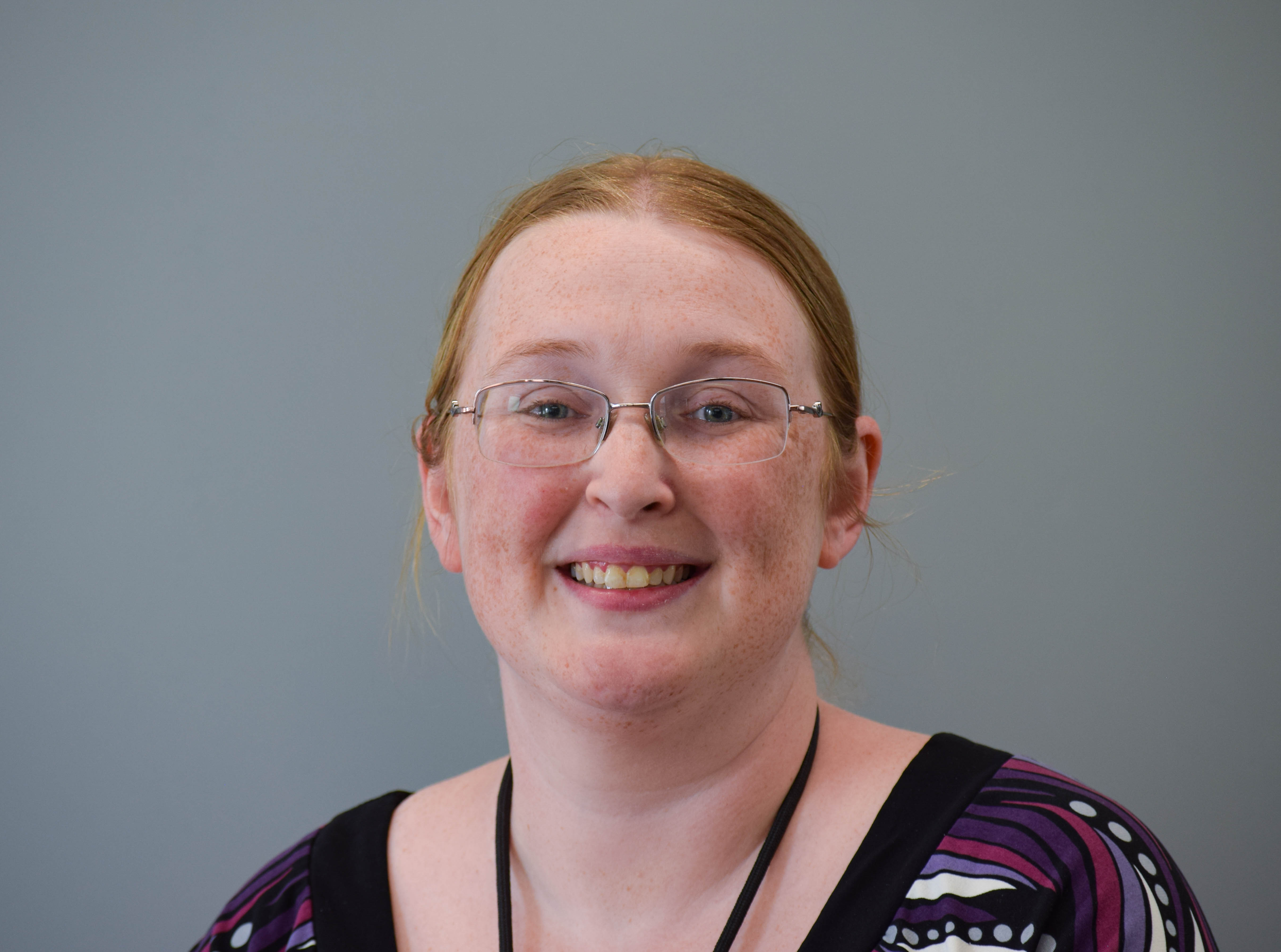Molten Salt Technologies Section Leader (CFCT)
Education: Ph.D. in Nuclear Engineering (Purdue University); M.S. in Nuclear Engineering (Purdue); B.S. in Chemical Engineering with minor in Math (Clarkson University)
Hobbies: Reading fiction (historical, fantasy, and sci-fi), gardening (she’s the president of the Garden Club), and cooking/baking/canning (using home-grown foods from her garden).
Melissa Rose is the Molten Salt Technologies Section Leader within Argonne National Laboratory’s Chemical and Fuel Cycle Technologies (CFCT) division, where she and others collect critical data for designing and operating [nuclear] molten salt reactors.
Melissa’s journey into chemistry began unexpectedly when she placed into honors chemistry at high school – something that she didn’t want at the time.
“I spent the first half of that year completely frustrated that I could not seem to understand the ‘why’ behind the answers on my homework and tests,” she said. “But at some point, that frustration turned to pure curiosity, and my teacher declared I would one day be a chemist – which, of course, I denied fervently. But alas, I now study chemistry of nuclear materials for a living. Every day is different, and I’m never bored.”
Melissa came to appreciate chemistry in part due to her innate curiosity and passion for discovery.
“As a kid, I loved to read so much that I used to get in trouble for staying up all night reading in bed,” she said. “I was curious and liked to explore nature and build contraptions. I wanted to understand how and why things worked. I was determined, so whatever I made up my mind to do, I pursued relentlessly.”
As a freshman in college, Melissa took her first step towards nuclear science when she needed to address a science topic with a moral dilemma. She chose nuclear waste, and in the process, she found out about the Integral Fast Reactor project. At that point, she was hooked, and she wanted to become part of the effort to close the nuclear fuel cycle. This led her to Argonne, and she gradually transitioned from pyroprocessing (using electrochemistry to recycle used nuclear fuels) to molten salt chemistry, which studies the materials necessary for advanced nuclear plants.
“Through our data, we are working toward a carbon free energy future where advanced nuclear reactors and a closed fuel cycle provide an abundant supply of emission-free electricity. This carbon-free power can then improve people’s quality of life,” she said. “I know that what I do is important, and that makes it easier to come to work each day.”
As one of Argonne’s many Education Volunteers, Melissa wants students to think about what STEM areas make them ask the most questions.
“If you find yourself needing to understand how or why something works, that is your thing. Follow it, and pursue it relentlessly,” she said. “All the things that seem to matter now, will not matter as much in five years. What matters is that you learn, you explore, and you find out what you’re made of.”
